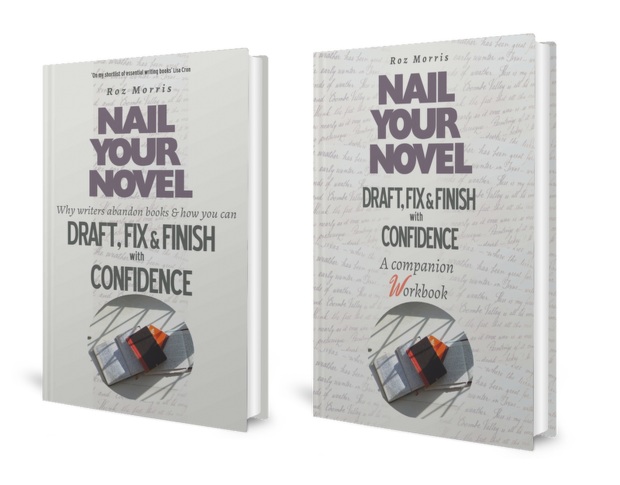Getting your manuscript back from a developmental editor can be an ordeal. Indeed it’s a writing rite of passage. But – deep breath – we’ve all been there. So here is some friendly handholding.
1 Rest assured, you are not alone in feeling anxious or, indeed overwhelmed. Opening a document with reams of comments usually feels like being disembowelled.
2 So much commentary? Most of us aren’t prepared for the level of detail. But editors are sensitive to issues, ideas and nuances you never thought would matter. This is what you want. They are a supercharged, supersensitive version of your ideal reader. Also, they are primed to explore the nooks and crannies you haven’t explored yourself, probably because you were intent on other things.
3 Many of the editor’s comments will be questions and appreciation, not deletions and corrections. They are working with your material, not against it. They are your book’s advocate.
4 Your first reactions won’t be the most reliable or useful. But you need to see everything, and quickly, so do a fast read just to see what’s there. Streak through the manuscript, perhaps with wine or a hefty bar of chocolate, but don’t take the comments too much to heart at this stage. That’s not to say they will be negative, but your book is a sensitive nerve and your first read-through will not be in your calmest state of mind. So read it, maybe sulk and fume. Then put it away. That first essential task is done. Take a break.
5 After this, it’s not as bad as you think. Read the report several more times. Now you’ve seen the worst – which is what you were looking for in the first read – look for other kinds of comment. A developmental report should be constructive, not destructive. Its aim is to help you make a worthwhile book for readers. Appreciate the report’s full scope. It should tell you what works as well as what doesn’t work. It should ask questions that are helpful, and guide you to solutions, not dead ends. Almost certainly you will fail to notice the things that the editor has praised, or the things that are not as bad as you think.
6 Let it settle. After a few days you’ll start to get spontaneous answers from your subconscious. Also, the outlook will seem more positive, especially if the report recommended drastic changes. At first, these might seem disruptive or impossible, and you might not adopt every suggestion your editor makes. The best solutions will come from you anyway. But after a few days you’ll have a new perspective on the deeper questions and you’ll see new possibilities. You might even begin to like the changes that initially made you despair.
7 Your editor will be waiting for follow-up questions, but allow time for their commentary to bed in. You will solve a surprising amount on your own, and soon a new vision of the book will take shape in your mind. Once you have that, you’ll find the most useful questions to discuss with your editor.
8 Also remember: you’re doing this for your book, because you believe in it.
Psst… there’s loads about self-editing and getting critiques in Nail Your Novel and my Nail Your Novel workbook.
Is there anything you’d add?
If you’d like help with your writing, my Nail Your Novel books are here. If you’re curious about my own work, find novels here and my travel memoir here. And if you’re curious about what’s been going on on at my own writing desk, here’s my latest newsletter. You can subscribe to future updates here.





Reblogged this on OPENED HERE >> https:/BOOKS.ESLARN-NET.DE.
Thanks for the reblog!
I’ve only been able to afford a proper editor once, but her input was worth every cent, not just for that book but for all the books that came after. I learned /heaps/!
Hi Andrea! That’s what we aim for – to give a critique that will help the writer with future books, not just the book they’re currently working on.
A good editor is definitely an investment. 🙂
Reblogged this on Kim's Musings.
Thank you, Kim!